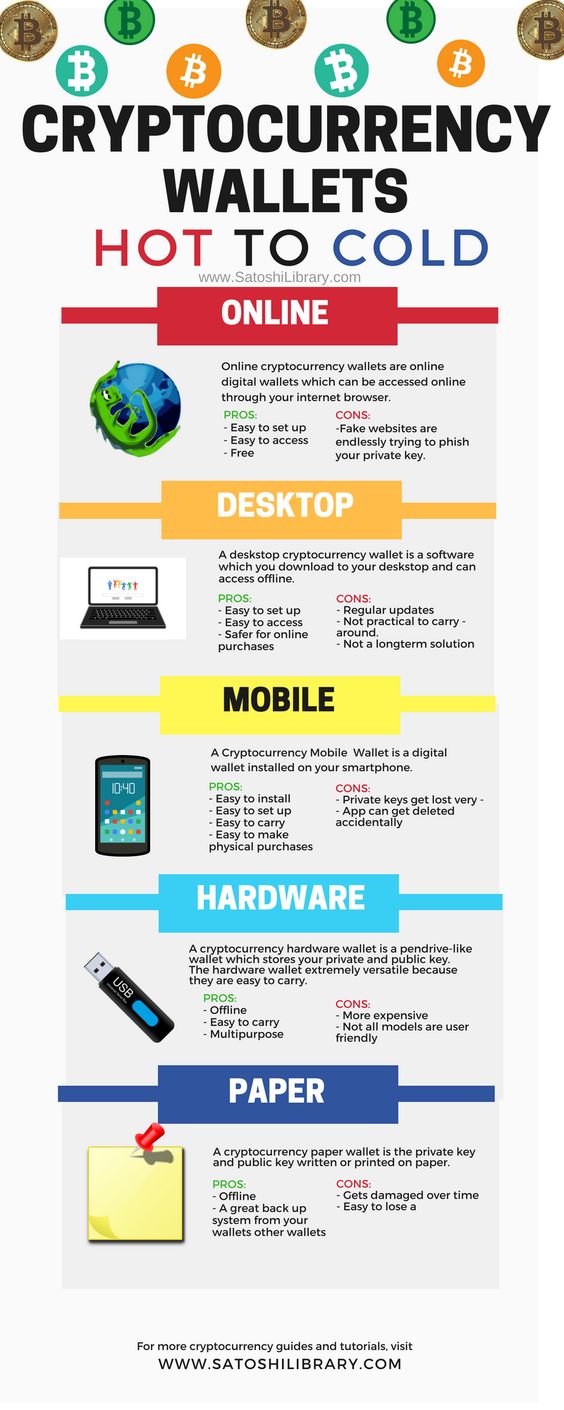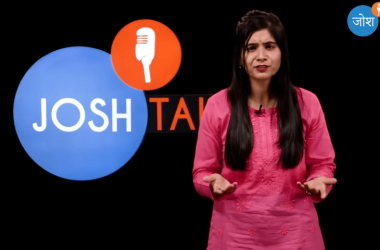One of the first steps for beginners when dealing with Bitcoin is figuring out which wallet to use. Should you use the Coinbase one? The Binance one? (hint you shouldn’t) What even IS a wallet anyway, and do you need one?
The short answer is yes, you need a bitcoin wallet to do anything with the Bitcoin network. The longer answer is that a Bitcoin wallet doesn’t ever hold your bitcoins.
Because of nuances like this that it’s essential to understand what they do, how they do it, and what features they should (and shouldn’t) have, so let’s look at the five top things your wallet should have.
ADVERTISEMENT
Self Custody
To start with, let’s talk about the fact that wallets don’t contain any funds. Yes, you read that right. There are never any bitcoins in your wallet. It doesn’t matter if it’s a Hot Wallet, Cold Wallet, Paper Wallet, Brain Wallet, or anything else; there are no funds in it ever.
This is because a Bitcoin Wallet is simply software that:
- Manages your private keys, which gives you access to spend your bitcoins
- Generates new Bitcoin Addresses so you can receive bitcoins
- Creates and broadcasts transactions to the network so you can spend your bitcoins
In essence, Bitcoin Wallets act more like Key Managers. Just like you might have a Password Manager that creates, stores, and helps you manage your passwords, Wallets (Key Managers) allow you to create, store and manage your Private and Public Keys.
ADVERTISEMENT
To do this job properly and ensure you – and only you – have control over your bitcoins, this essential management duty must not be done by anyone else. You must be the one that takes full custody of your keys as otherwise, someone else has them and, thus, has complete control over all your funds.
This is called “Self Custody,” and it’s a feature that should never be skipped. Any platform like Binance or Coinbase uses Custodial wallets, where they hold the private keys, not you. This means they can see how much you have, spend it, or stop you from spending it at any time. It also goes against the base ethos of Bitcoin, as outlined in the Bitcoin Whitepaper.
Any wallet you use should be a self-custody wallet, and only you should have access to it, no one else.
ADVERTISEMENT
Reputable
Next on the list is ensuring that the wallet has a good-standing reputation and history. As Bitcoin wallets involve software you are downloading and running on your computer, you need to be sure that a company or developer makes it with excellent standing within the Bitcoin community.
While this step can be more art than science, it’s essential to check with other experts that the wallet in question isn’t malware or created with poor security. Some excellent examples are Sparrow Wallet or COLDCARD for a Hardware Wallet.
Both have an excellent and highly regarded history dating back years and are constantly innovating to be the most secure and feature full as possible.
Verifiable
Closely linked to reputability is verifiability. The wallet code and hardware should be completely free and open source, and it should be available to anyone, and you should be able to download the specs or actual code and compile it from scratch yourself.
While you might not have the technical capability to do this, it’s crucial, as other security experts will do this and check it for problems. It also ensures there’s nowhere malicious or destructive code/hardware can hide.
Whether from government interference, criminals, or even the developers, bugs and security holes lead to your funds being stolen, so having a “closed source” wallet isn’t worth the risk.
Standardized
Bitcoin is a network of computers that runs the same software, Bitcoin Core. Standardization is critical to ensuring compatibility with the web and future wallets and upgrades. The wallet should support recent upgrades like SegWit and Taproot, along with Multi-signature wallets and more.
Another vital standard it should fully support is BIP39 which covers how your private keys are displayed to you (your Seed Phrase). The wallet should also be capable of exporting its state in a standard format so that other good wallets can import them without issues.
This is critical in case that particular wallet stops being supported and you need to migrate to a new one. Being able to click “Import file” and be up and running again quickly is extremely handy. The wallet should also be able to import other wallets’ standard files and work well with the standards of the Bitcoin ecosystem.
It should be compatible with multiple hardware wallets and display things in standard formats like sats or BTC. It should have expected and good fee estimation built in to ensure your bitcoins get to their destination quickly and cheaply. While this adherence to standards will likely go unnoticed if appropriately done, it can be a massive pain if missing.

Privacy & Security
Last but by no means least is the subject of privacy and security. Good Wallets should have many features to ensure your privacy and security aren’t breached. This can be everything from Coin Control to CoinJoin to connecting your Full Node, communicating over Tor, or something as basic as not reusing addresses.
For Hardware Wallets, it should support passphrases, duress PINs, Multisignature, firmware checking, physical security, encrypted backups, and more. You might not use these things immediately as a beginner, but they’ll do two things.
First, they’ll be there when you gain enough knowledge and wish to use them. Secondly, they’ll help ensure that the wallet you’re using has given significant thought and effort to privacy and security.
A wallet that doesn’t let you connect to your Full Node over Tor isn’t something you want to use, even if that’s not something you’re doing right now. It shows a lack of priority for your privacy and security and should be avoided.
Conclusion
While this list might seem long and involved, plenty of wallets still meet all of the requirements. From Sparrow to Samurai, the ecosystem is large and diverse. Similarly, though many wallets don’t have these features, beginners usually unwittingly use them, only finding out later what a big mistake they’ve made.
Hopefully, you’ll be able to quickly tell which wallet is best for your needs. If you’re looking for a fantastic combination and tldr; type suggestions, Sparrow Wallet and either COLDCARD or BitBox02 are some great choices.








